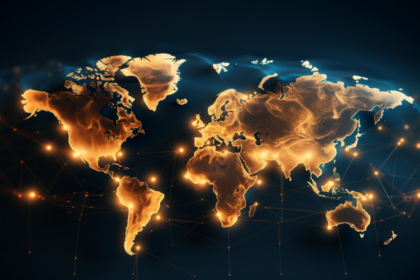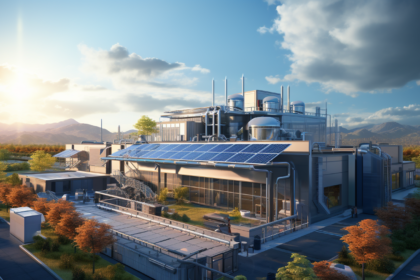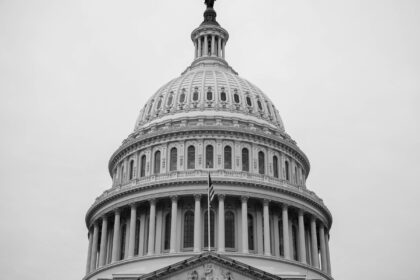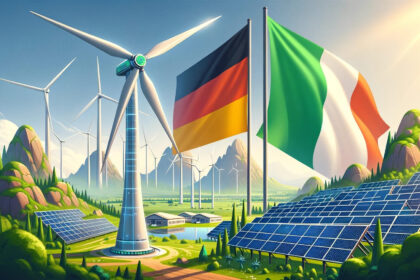A new report has found that we’re not on track to meet SDG7 (Sustainable Development Goal, 7) by 2030. SDG7 is one of 17 goals set out by the UN IN 2015. We’re now about half-way towards 2030 and it’s not looking good.
What is SDG7?
The seventh SDG, aims to provide access to affordable, reliable, sustainable and modern energy around the world. This includes electricity, clean cooking facilities, doubling efficiency, and developing renewable energy globally. This will improve the health of everyday people and strengthen our ability to tackle the climate crisis.
Tracking SDG7: The Energy Progress Report 2023
The WHO (World Health Organisation) has been coordinating with the IEA (International Energy Agency), IRENA (International Renewable Energy Agency), UNSD (United Nations Statistics Division and the World Bank, to keep an eye on work towards the goal. Their new report, Tracking SDG7: The Energy Progress Report 2023 was shared this week, within which they warned “that current efforts are not enough to achieve the SDG7 on time”.
Progress is being made in energy efficiency and renewables but IRENA found that international finances for low and middle income countries have been slowing since before the pandemic and aren’t widespread. This is compounded by rising energy prices as a result of the war in Ukraine. We need to ensure every country is making energy developments and efficiency gains.
As things stand, around 2.3 billion people rely on polluting fuels and technologies for cooking. Some households in this situation spend 40 hours each week gathering firewood and cooking, which researchers argue prevents women from seeking employment and stops many children from attending school.
What will happen if we don’t reach the goal?
It’s estimated that without further action, by 2030 1.9 million people won’t have access to clean cooking facilities and 660 million will be without electricity. This will have detrimental effects on the health of those people but also will act to slow global progress towards net-zero. According to the WHO, 3.2 million people die every year as a result of using polluting fuels and technologies.
Guangzhe Chen, Vice President for Infrastructure of the World Bank said…
“Despite a recent slowdown in the global pace of electrification, the number of people without electricity almost halved over the past decade, from 1.1 billion in 2010 down to 675 million in 2021. Nonetheless, additional efforts and measures must urgently be put in place to ensure that the poorest and hardest-to-reach people are not left behind. To reach universal access by 2030, the development community must scale up clean energy investments and policy support.”
We need to make sure there is an even spread of progress in the global energy transition. How do you think we could better distribute resources? Let us know in the comments!











